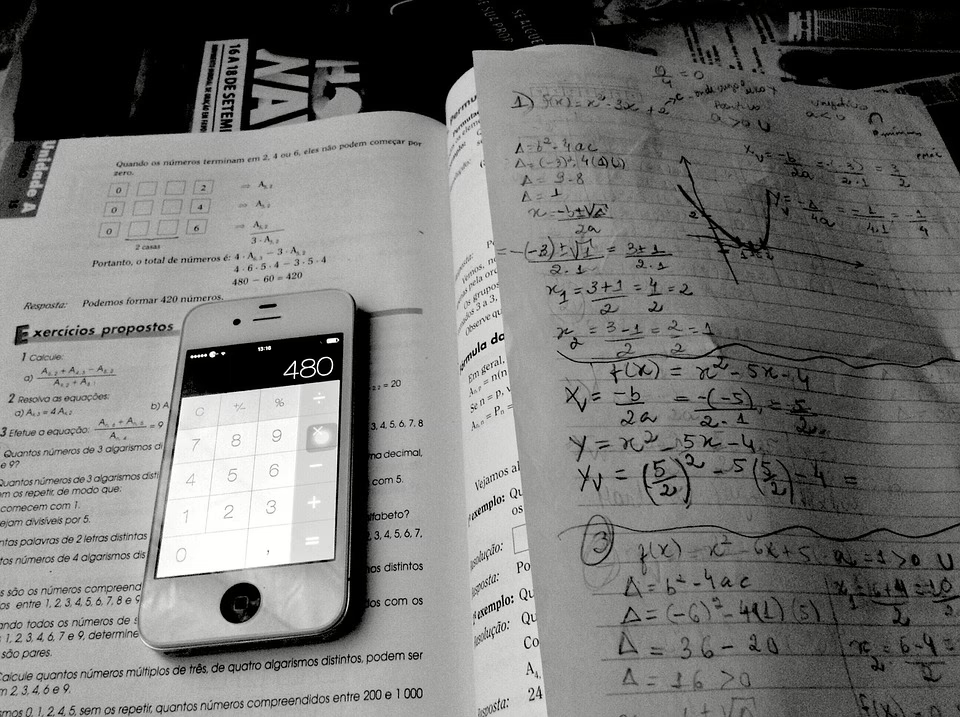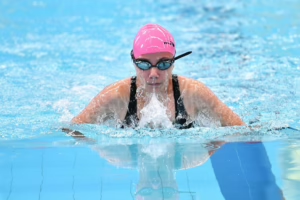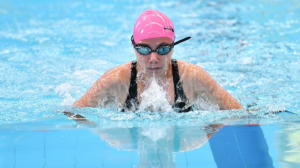Mastering the Equations: A Guide to Finding the Right Physics and Math Tutor
Finding the right tutor in math and physics can be a daunting task. The importance of these subjects in shaping not only academic success but also critical thinking and problem-solving skills cannot be understated. This guide aims to simplify the process of finding an effective tutor who can help students master complex concepts.
Understanding the Need for a Tutor
Before setting out to find a tutor, it’s essential to understand why tutoring might be necessary. Many students struggle with physics and math due to the abstract nature of these subjects. Unlike other disciplines, math and physics require a solid grasp of fundamental concepts and the ability to apply them in various contexts. If a student falls behind, it can feel nearly impossible to catch up without assistance.
Common Challenges in Math and Physics
-
Abstract Concepts: Many students find it challenging to grasp abstract concepts like integrals, derivatives, and fundamental forces.
-
Mathematical Rigor: The requirement for precision and detail in mathematical proofs and equations can be overwhelming.
-
Problem-Solving Skills: Physics, in particular, often requires a blend of conceptual knowledge and practical problem-solving skills.
Benefits of Tutoring
- Personalized Attention: A tutor can tailor their approach to meet the specific needs of the student.
- Flexible Learning Pace: Students can learn at their own speed, ensuring that they fully grasp a concept before moving on.
- Enhanced Confidence: As students overcome challenges, their confidence in their abilities can grow significantly.
Identifying Your Requirements
Before searching for a tutor, it’s vital to assess your specific needs. Here are questions to consider:
- What topics do you need help with? Identify whether you struggle with specific topics, like calculus or classical mechanics.
- What is your learning style? Understanding whether you prefer visual aids, hands-on experiments, or verbal explanations can guide your tutor selection.
- What are your goals? Determine if you want to improve your grades, prepare for exams, or deepen your understanding of the material.
Types of Tutors
Tutors come in various forms, each offering unique advantages:
1. Private Tutors
Private tutors offer one-on-one sessions tailored to a student’s specific needs. This arrangement allows for personalized lesson plans and direct feedback.
Advantages:
- Customized lessons
- Flexible scheduling
- Direct interaction
Disadvantages:
- Can be costlier than group sessions
- Requires finding a qualified individual
2. Group Tutors
Group tutoring sessions can be a cost-effective option, allowing multiple students to learn together. However, the personalized focus is reduced.
Advantages:
- Cheaper rates
- Collaborative learning atmosphere
Disadvantages:
- Less individual attention
- Pace may be dictated by the group
3. Online Tutors
With advancements in technology, online tutoring has become increasingly popular. Virtual platforms can offer a wide range of expertise at your fingertips.
Advantages:
- Accessibility to diverse tutors
- Flexibility in scheduling
- Often more affordable
Disadvantages:
- May lack in-person interaction
- Requires a stable internet connection
4. Tutoring Centers
Established tutoring centers often provide a structured approach with various resources.
Advantages:
- Access to a range of tutors and resources
- Reliably vetted staff
Disadvantages:
- Less personalized attention compared to private tutors
- Fixed schedules and locations
How to Find the Right Tutor
Step 1: Research
Start by researching potential candidates. Look up local tutors or tutoring centers and check online platforms that offer tutoring services. Websites like Tutor.com, Wyzant, or even local community boards can be valuable resources.
Step 2: Check Qualifications
Once you have a list of potential tutors, check their qualifications. Look for:
- Educational Background: A tutor with a degree in math or physics can provide a solid foundation.
- Experience: Experienced tutors often have effective teaching strategies and a better understanding of common student struggles.
- References or Reviews: Feedback from previous students can offer insights into a tutor’s effectiveness.
Step 3: Interview Potential Tutors
Once you have a shortlist, arrange interviews with potential tutors. Consider asking the following questions:
- What is your teaching philosophy?
- Can you provide examples of how you’ve successfully helped students in the past?
- How do you assess a student’s understanding of a topic?
Step 4: Trial Session
If possible, arrange a trial session with a tutor to gauge compatibility. Pay attention to how well they explain concepts and how engaged you feel during the session.
Effective Tutoring Strategies
Different tutors have distinct approaches. However, effective strategies commonly include:
1. Diagnostic Assessment
A strong tutor often starts with a diagnostic assessment to identify the student’s strengths and weaknesses. This foundational understanding is crucial for tailoring lessons effectively.
2. Conceptual Understanding
Tutors should encourage students to focus on understanding the “why” behind concepts rather than merely memorizing formulas. For instance, instead of just learning how to calculate the gravitational force, students should understand why it behaves in such a manner.
3. Problem-Solving Techniques
Incorporating diverse problems and real-world applications can help make abstract concepts more relatable. Tutors might use everyday scenarios to illustrate the principles being taught.
4. Frequent Feedback
Consistent feedback helps students monitor their progress. Tutors should regularly check in with their students to discuss what strategies are working and what areas need further improvement.
5. Encouragement and Motivation
Tutoring isn’t just about academics; a good tutor also serves as an encourager. Recognizing small achievements can help boost a student’s confidence significantly.
Measuring Progress
After you have begun tutoring, it’s essential to keep track of progress. Here are some ways to measure improvement:
-
Regular Quizzes and Tests: Short quizzes can indicate how well a student understands particular topics.
-
Homework Review: Identify patterns in errors to focus on specific areas needing improvement.
-
Self-Assessment: Encouraging students to reflect on their understanding can improve self-awareness and motivate them to ask deeper questions.
-
Feedback from Teachers: If the student is in a school setting, feedback from their classroom teacher can complement the tutoring process.
Dealing with Challenges
Even with the best tutor, challenges may arise. Here are common issues and strategies to overcome them:
1. Difficulty in Understanding Concepts
If a student struggles with a concept, it’s crucial to revisit the fundamentals. A good tutor will often break down complex ideas into simpler components.
2. Lack of Motivation
Sometimes students may feel unmotivated. Creating engaging and interactive sessions can revitalise their interest. Utilizing multimedia, gamification, or real-world applications can help spark enthusiasm.
3. Communication Barriers
Miscommunication between tutors and students can hinder learning. Open lines of communication should be established. Encouraging students to voice their concerns or confusion can lead to more productive sessions.
4. Test Anxiety
Test anxiety is common among students. Tutors can help alleviate this by simulating test environments during practice sessions and teaching relaxation techniques.
Conclusion
Finding the right physics and math tutor can significantly influence a student’s academic journey. By taking the time to assess individual needs, researching potential tutors, and utilizing effective teaching strategies, students can master these subjects and build the necessary skills for future success. Remember that the right tutor does not just teach; they inspire confidence, promote understanding, and foster an enduring love for learning. As you embark on this journey, remain open to the possibilities and be proactive in pursuing the help you need.
Modern Footnote Sources
- Smith, J. (2020). The Importance of STEM Education. Academic Journal of Education, 12(3), 567-579.
- Johnson, R. (2019). Understanding Learning Styles in Mathematics and Science. International Journal of Educational Research, 45(2), 223-234.
- Walker, L. (2021). The Benefits of Tutoring in STEM Subjects. Journal of Educational Psychology, 19(4), 345-359.
- Lewis, T. (2023). How to Choose the Right Tutor for You. The Tutor Network, 15(1), 1-15.
By leveraging these insights, you’ll be better equipped to navigate the complex world of math and physics tutoring, ensuring that your educational endeavors are met with success.


























Add Comment